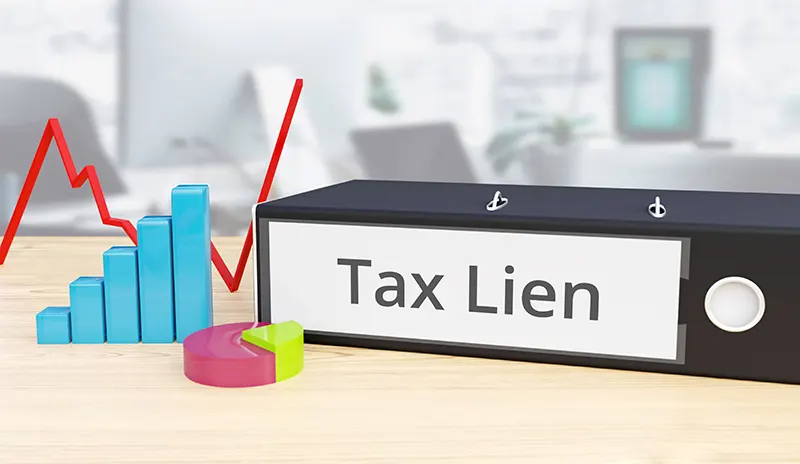Tax Lien Release
The IRS can impose a federal tax lien on your property when you owe them back taxes. A federal tax lien is a legal claim against your property. Once a lien is in place, it can include properties that you obtain in the future.
The IRS can also file in public records a Notice of Federal Tax Lien. This public document can be seen by your creditors and future creditors. Most likely, it will hurt your credit score.
Before the IRS will put a lien on your property, the agency will send you a notice of taxes owed and demand for payment. You will be given ten days to pay your tax bill in full in order to stop the lien from arising. If you do not pay your bill, the IRS is required to notify you within five business days of the lien filing. You will then have thirty days after this five-day period to request a hearing with appeals. If you are still within this thirty-day window, please contact us right away so we can discuss your options to possibly stop the tax lien.
If the IRS has already placed a tax lien on your property, we may still be able to help you release it. The IRS will remove the Notice of Federal Tax Lien under certain circumstances.
- The Notice of Federal Tax Lien was not filed in accordance with IRS procedures.
- An installment agreement has been setup to satisfy the liability (unless the installment agreement provides otherwise).
- Removal of the Notice of Federal Tax Lien will allow for payment of your taxes more quickly. (Two such examples are a Subordination or Discharge of a Lien.)
- Removal of the Notice of Federal Tax Lien is in the best interest of the government and in your best interest, as determined by the National Taxpayer Advocate.
Our tax professionals might recommend other ways to get the lien released, such as a Collection Appeal Program Hearing or Equivalent Hearing, depending on your situation. TaxAudit’s professionals have handled thousands of cases with the IRS and are ready to represent you and help you get your tax debt resolved.



